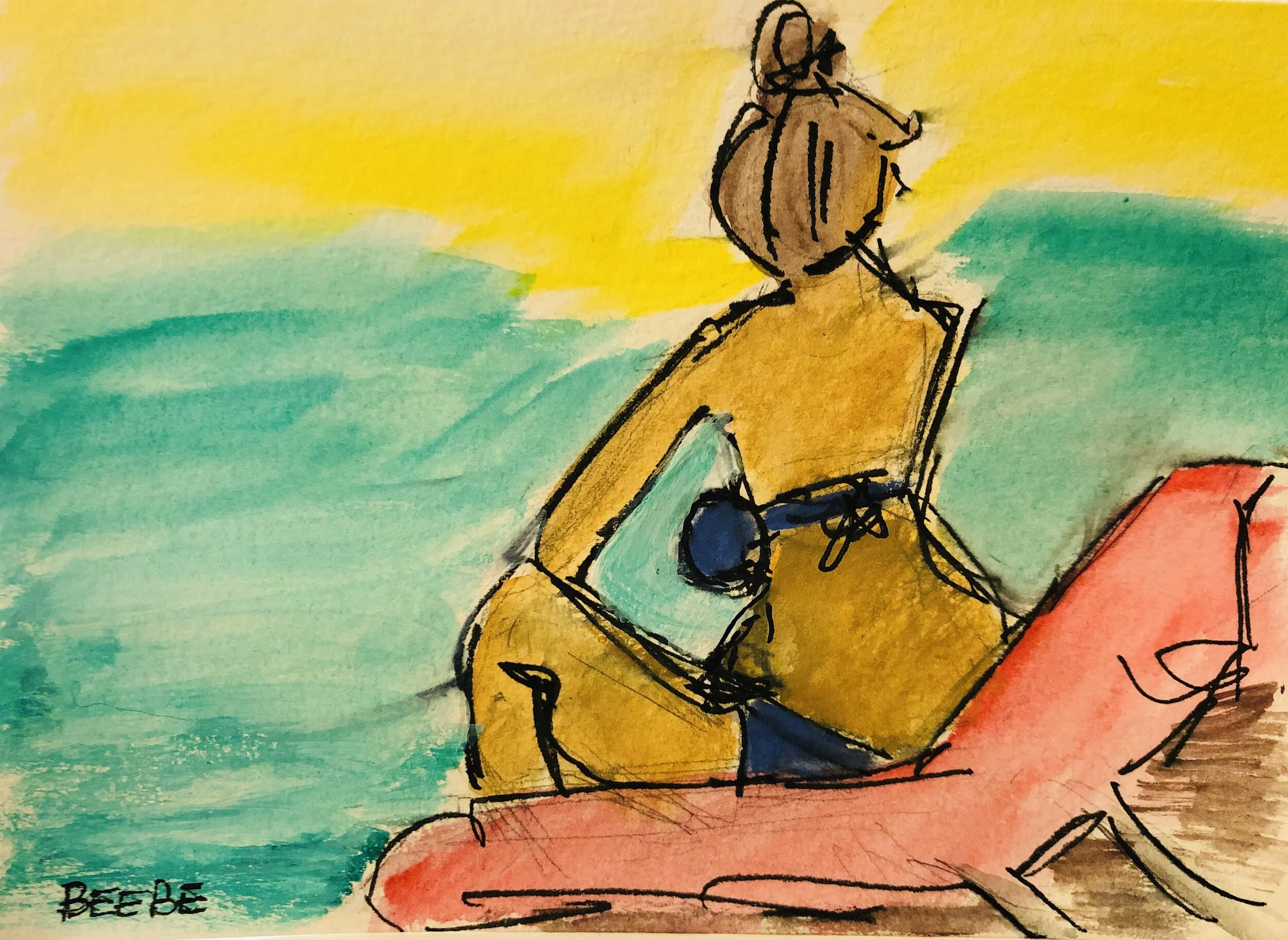Learning to let go
I’ve recently suffered a loss. And probably so have you.
In my case, it was a dog. Her interest in food waned. Blood work and imaging showed liver failure. And within a few days, there was no choice but to let her go.
But I wanted a reason for why she got sick. And so did everyone else.
Was it bad genes in her blood line? Or the buildup of antibiotics prescribed by the vet? Were there toxins in the lake water I couldn’t stop her from drinking?
Knowing the root cause would give me someone to blame. Even if it was me. And that would feel better than facing the emptiness her death created.
In Going to Pieces Without Falling Apart: A Buddhist Perspective on Wholeness, Mark Epstein combines lessons from meditation and psychotherapy to help Westerners like us find peace.
His book was helpful when I faced a different kind of emptiness: the loss of the job, the title, and the salary that had come to define me. Epstein showed me that before I could re-invent myself as a bad ass solopreneur consultant and blogger with an adventure dog and a camper van, I needed to set aside the need to blame or explain. I needed to feel empty for a while. I needed to let go.
And now, without my trusty companion and alter ego to make me brave, I need to do that again.
Epstein says: Only by learning how to touch the ground of our own emptiness can we feel whole again.
But how can we do that? How can we go to pieces—give in to our grief, our anger, our fear—and then recover? Without falling apart.
Epstein says, we need to let go of control.
Often we are afraid of falling apart, but the problem is that we have not learned how to give up control of ourselves…The central issues of our lives, from falling in love to facing death, require an ability to surrender that often eludes us.
As 2021 comes to a close, how about we all take a wee break?
Quit striving. Waive the white flag. Go to pieces for awhile.
Practice the trick of letting go.






